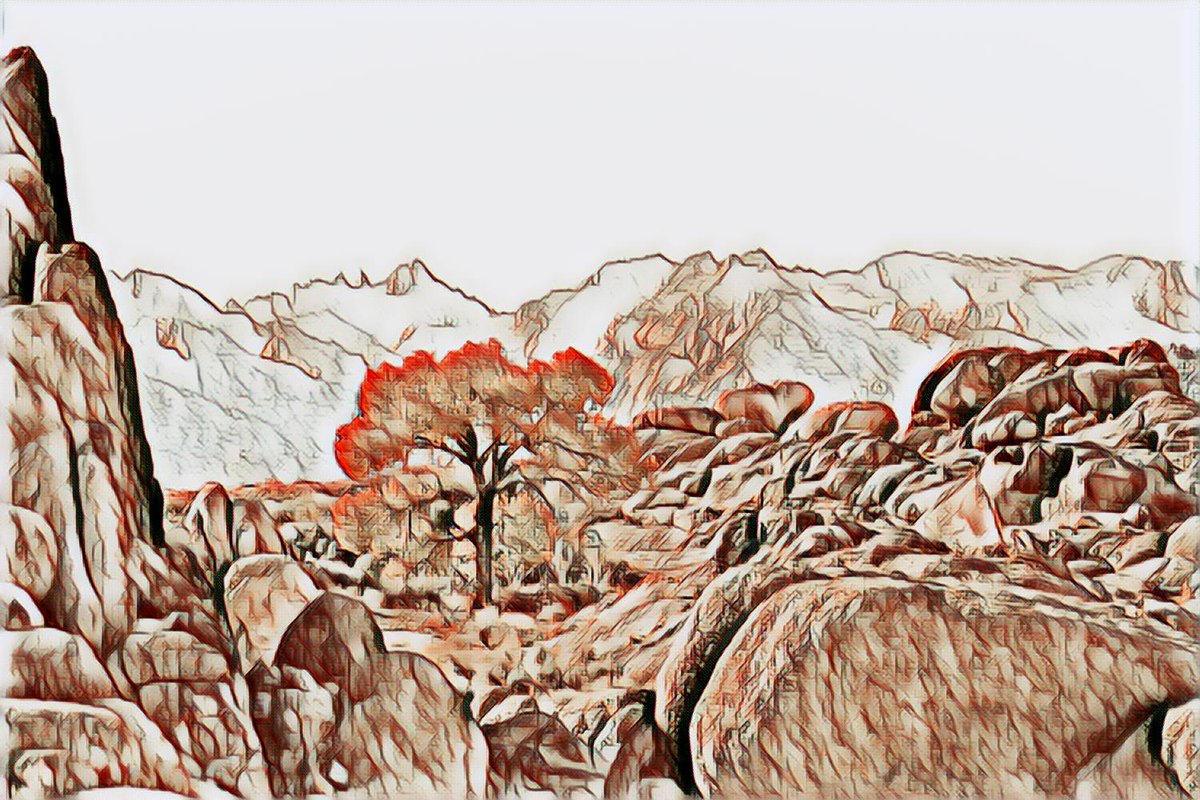
I have been captivated by Audrey talking about how we learn empathy as children by reading stories and having stories read to us. Something she learned about while reading Proust and the Squid: The Story and Science of the Reading Brain by by Maryanne Wolf. It is a thought that has dominated my thinking since she shared it with me, and is coloring how I see people in my life in new ways, while also bringing me back to my own writing, so that I can strengthen my empathy and awareness of people in the world around me in new and meaningful ways. It is the new dividing line for me regarding whether or not someone is a caring and compassionate individual, or whether they are self-centered, scared, and angry at the world—-whether or not they read stories, or had stories read to them a small child.
As I ponder the empathy developing powers of storytelling I think about what it is like to develop as a young child with only your voice in your head, and the of the people around you, or maybe just what you see on the television. What does the mean for the development of your empathy? I would say that I fall into the category of not having stories read to me as a child, but I did develop a very healthy appetite for reading once I learned to ready on my own in the 1st grade, but sadly alo conditioned with a steady diet of television. I would say my empathy wasn’t very developed until I left home when I was 16 and began venturing out into the United States, something that got another boost at the age of 40 when I began traveling the world. Something that would have been significantly fast-tracked had I been read to a a young child, had access to more books as a child, and exposure to more diverse voices once I began venturing out into the world.
Stories are o powerful. I continue to be fascinated by how powerful stories can be when it come to shaping our lives. After 40 years on this planet I finally grasped the importance of reading stories from a diverse set voices, and as I approach 50 year I am now grasping the importance of reading and writing, as well as access to diverse stories in the early years of our lives on the planet. It is how we get beyond our own voice in our head. It I how we realize that there are other human beings out there in the world with their own thoughts, emotions, and dreams. Hearing the stories of people of color, people who belief in other faiths, and live in other parts of the world is how we widen the pool of empathy we have to pull from, and without it, we are left with only the thought and beliefs of those right around us, or those that we were programmed with via the television and movie we watched. It really sums up what I feel i wrong with many of the more conservative, or even more privileged liberal individuals I’ve known in my life.
There is something very different about the voice of a young indigenous woman or middle eastern boy in your head as you read a story than even the voice of a young indigenous woman or middle eastern boy on the television or Internet. Having their voice, their stories, and their hopes and dream in your head is so much more intimate and heart opening than something that is brokered by technology or a human narrator. You are reading these words and they are coming to life inside your own mind, which is a process that is able to provide a much more direct line to your heart. Thiss is the difference between writing and speaking for me. I think speaking in person, or even via video can having moving effects, but there is a much richer engagement when one individual read and internalize the word and thoughts of another individual. This is something that doesn’t always translate via television of online video, even if it is the same words and stories told by the same person–the engagement is just different. I will have to think more about how this plays out when it I an audio book read by an author and listened to by another individual-—it feels closer, but still very removed.
I think you can develop empathy by watching movies, I just don’t think it is as rich as reading stories, and definitely not as rich and diverse of a world as books and our imagination provide us as we are forming our view of the world as young children. With this in mind, imagine what we have sacrificed by raising generation of children on purely Disney storytelling through television, or just giving young kids iPads with games and Youtube. It breaks my heart to think about the adults we are cultivating in this world, and how exploitable these individuals will be. It will be easy to convince thesse people that other ethnicities, religion, and cultures are not human because they will have nothing to relate to when it come to grounding their view of thee other human being. It will be easy to demonize a group of people that you know nothing about. For me, this explains so much of the world I am seeing around me right now, where large group of people can’t imagine anything beyond the voices in their own head, and this is because they haven’t heard very many stories during some of the mot important years of their live, and do not have the empathy to truly care for others.
